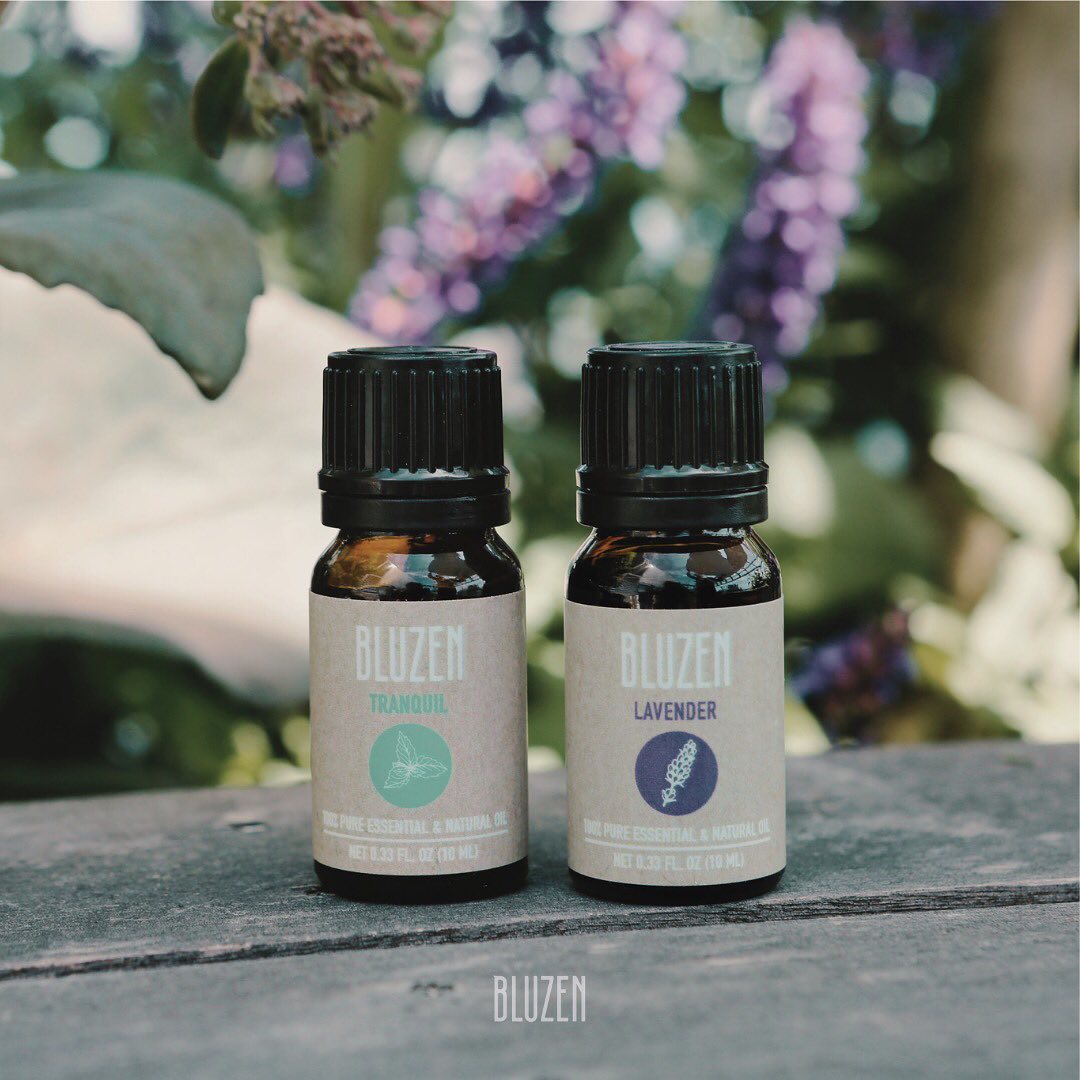Enough fearmongering about essential oils!
Today, we’re here to inform and educate all about essential oils. It’s time for some myth-busting. The internet has a lot of questions, from “do essential oils work?” and “are essential oils safe?” to “can you eat essential oils?” Let us debunk all those essential oil myths—and we’ll recommend some of our favorites to help you build your toolkit.
Let’s take a look at the top 10 essential oil myths.
1. Do Essential Oils Work?
Essential oils have been used throughout history due to their aromatic and therapeutic properties. Many people swear by their effectiveness in treating a variety of ailments.
For example, some studies have shown that certain essential oils, such as lavender and peppermint, may have a calming effect on the body and mind, and may be useful in reducing symptoms of anxiety and depression.
Other studies have suggested that essential oils like tea tree oil may have antimicrobial properties and could be effective in treating skin conditions like acne. Citrus oil has been shown to have anti-inflammatory properties and inhibit bacterial growth. Finally, bergamot oils track positively related to treating symptoms and causes of food poisoning.
For more sources, check out these articles from Healthline. The first recommends essential oils for stress. The second recommends essential oils for anxiety. Then, find everything you need from BluZen Wellness.
2. Are Essential Oils Safe?

Myth busted: essential oils are (in a general sense) safe. However, essential oils can be very potent and can cause adverse reactions if they are not used correctly. Some essential oils can be toxic if ingested, while others can cause skin irritation or allergic reactions. It’s important to do your research and consult with your medical advisors as you become interested in certain essential oils and want to give them a try.
3. Can You Freeze Essential Oils?
You can freeze your essential oils, but it’s not necessary or even really recommended. General best practices call for you to store essential oils in a cool, dark place, away from direct sunlight and heat sources.
Room temperature is usually sufficient for storage, and refrigeration is not necessary unless the oils are highly volatile or heat-sensitive. If you do choose to refrigerate your essential oils, it is important to keep them in a sealed container to prevent moisture from entering and affecting the quality of the oil.
4. Are Essential Oils Natural?
Essential oils are derived from natural plant sources, but they can be processed and synthesized. Always ensure you’re sourcing your essential oils from reputable and reliable sources. BluZen’s essential oils are a blend of 100% pure essential and natural oils. They are free of parabens, phthalates, and sulfates, are vegan and cruelty-free, and are made in the US. We wanted to make wellness easy.
5. Are Essential Oils Harmful to Pets?
Generally, essential oils can be safe for pets when used in moderation and under the guidance of a veterinarian. But, some can be harmful since pets have a more sensitive sense of smell and interact with essential oils differently than humans. It’s important to research the safety of specific oils before using them around pets, but the idea that they’re all bad all the time is a myth.
6. What’s the Essential Oil Shelf Life?

Like almost everything, especially natural products, essential oils do have a shelf life and can expire. The shelf life can vary depending on the type of oil and the method of storage, but most essential oils’ shelf life is two to five years. It is important to store essential oils in a cool, dark place as we’ve already discussed. You should replace them if they become oxidized or have a rancid odor.
7. Can You Eat Essential Oils?
While some essential oils, such as peppermint or lemon, are sometimes used in small amounts in food or beverages, it is important to use caution and only consume oils that are labeled as safe for internal use. Some essential oils can be irritating to the digestive system and can have adverse effects if ingested improperly. Labels exist for a reason! But the notion that essential oils should not be ingested is simply an exaggerated myth.
8. Can You Use Essential Oils When Pregnant?
Pregnant women should exercise caution when using essential oils. Some essential oils can be toxic during pregnancy and should be avoided during pregnancy, but some can alleviate certain symptoms and help you to relax. As always, it’s important to consult with a healthcare professional before using essential oils during pregnancy.
9. Can Essential Oils Do It All?
Think of essential oils as supplementary; they are not a cure-all and should not be used as a substitute for conventional medical treatment. Instead, essential oils should be used in conjunction with treatments recommended by your physician.
Essential oils can do a lot, but nothing can do it all. Instead, they work to support your overall wellness one scent at a time.
10. Are All Essential Oils the Same?

Not all essential oils are created equal. The quality and purity of essential oils can vary greatly depending on the source and the manufacturing process. Purchase essential oils from a reputable source (like BluZen), and do your research before using them.
Get Started on Your Wellness Journey With BluZen Wellness
So, have we debunked all of the essential oil myths?
At BluZen, we have many resources to help you find what you’re looking for, but we recommend starting with our complete guide to aromatherapy. We love creating products that will help you live your healthiest and happiest life. We’re proud to provide essential oils that can help those who suffer from anxiety, congestion, headaches, and other common conditions.

